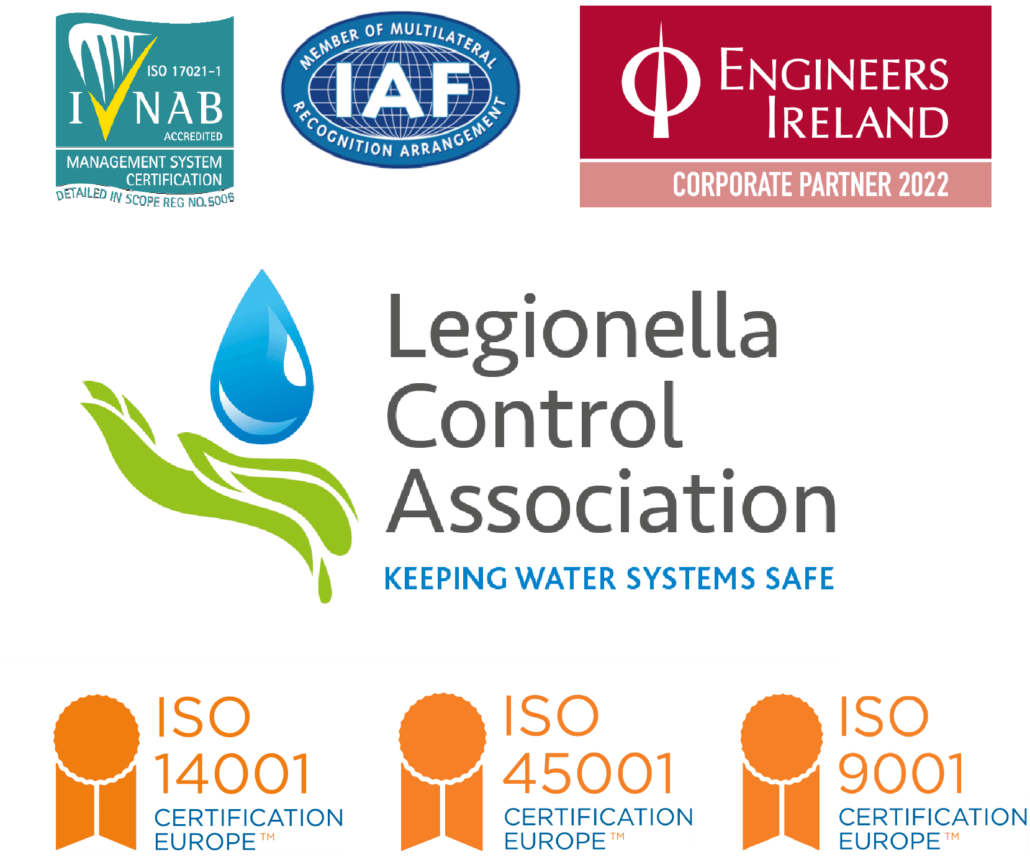Maintenance Tips for Closed System Water Treatment
Water treatment is a critical aspect of maintaining the efficiency and longevity of closed-loop systems in various industries. Closed systems, such as heating and cooling systems, operate with a fixed volume of water that circulates continuously.
To ensure optimal performance and prevent issues like corrosion and scale buildup, regular maintenance is key. In this blog, we’ll explore essential maintenance tips for closed system water treatment.
Regular Monitoring and Testing:
Monitoring water quality is the foundation of an effective maintenance routine. Regularly test the water for parameters like pH, conductivity, and corrosion inhibitors. By keeping a close eye on these factors, you can identify potential issues early on and take corrective actions before they escalate.
Corrosion Control:
Corrosion is a common problem in closed systems, leading to equipment damage and decreased efficiency. Implement a robust corrosion control program, including the use of corrosion inhibitors. Regularly check and replenish inhibitor levels to ensure continuous protection against rust and corrosion.
Scale and Deposit Prevention:
Scale and deposits can accumulate over time, hindering heat transfer and reducing system efficiency. Utilize scale inhibitors and conduct routine inspections to identify and remove any deposits. Regular cleaning prevents the buildup of scale, maintaining the system’s efficiency.
Microbiological Control:
Closed systems can provide a breeding ground for bacteria and other microorganisms. Implement a water treatment program that includes biocides to control microbial growth. Regularly clean and disinfect system components to prevent the formation of biofilms and microbial-induced corrosion.
System Flushing:
Periodically flush the closed system to remove accumulated debris, sludge, and contaminants. Flushing helps maintain water quality and ensures the smooth operation of pumps, valves, and other components. Consider employing professional services for comprehensive system flushing.
Inspection of System Components:
Conduct routine inspections of all system components, including pipes, valves, and heat exchangers. Look for signs of leaks, corrosion, or other damage. Address any issues promptly to prevent further damage and maintain the integrity of the closed system.
Conclusion:
By following these maintenance tips for closed system water treatment, businesses can enhance the efficiency and reliability of their systems. Investing in proactive maintenance not only extends the life of equipment but also contributes to energy savings and overall operational excellence. Regular monitoring, corrosion control, and thorough inspections are the pillars of a successful water treatment program, ensuring that closed systems operate at peak performance.






